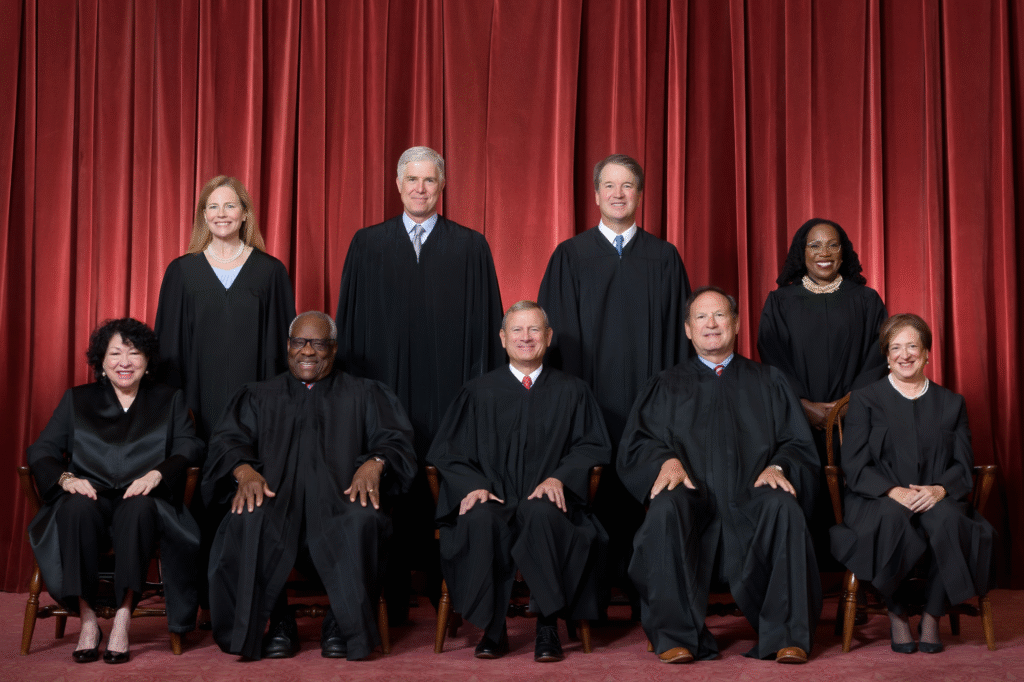In Oregon, if a city does not provide designated places for homeless individuals to rest or sleep, it faces both legal and practical challenges due to state laws and recent court rulings. This will hopefully explain, even with the recent supreme court ruling, why Oregon cites (like Grants Pass) must offer designated areas for resting.
Legal Obligations Under Oregon Law
Oregon Revised Statute (ORS) 195.530 (also known as HB3115) mandates that any Oregon city or county law regulating activities such as sitting, lying, sleeping, or keeping warm and dry outdoors on public property must be “objectively reasonable” concerning time, place, and manner for individuals experiencing homelessness. This Oregon statute, effective since July 1, 2023, was enacted to ensure that local ordinances do not criminalize basic survival activities when no adequate shelter options are available. This is Oregon state law, it does not apply to any other state.
In Oregon if a city enforces anti-camping laws without providing sufficient shelter alternatives, it risks legal challenges. Individuals experiencing homelessness can file lawsuits seeking injunctive or declaratory relief, arguing that such laws are not objectively reasonable. Courts will assess the totality of circumstances, including the availability of shelter and the law’s impact on homeless individuals.
Impact of Supreme Court Ruling
In June 2024, the U.S. Supreme Court ruled in City of Grants Pass v. Johnson that cities can enforce bans on sleeping or camping in public spaces, even if no shelter beds are available. This decision overturned a previous Ninth Circuit ruling that had prohibited such enforcement under the Eighth Amendment’s ban on cruel and unusual punishment.
However, despite the Supreme Court’s decision, Oregon’s state law (ORS 195.530 also known as HB 3115) still requires that local regulations be objectively reasonable. Therefore, Oregon cities must ensure their ordinances comply with this standard, regardless of federal rulings.
Practical Implications for Oregon Cities
Oregon cities that fail to provide designated areas or sufficient shelter options for homeless individuals may face:
- Legal Challenges: Lawsuits alleging that local ordinances are not objectively reasonable under ORS 195.530 (Oregon law).
- Injunctions: Courts may issue orders preventing the enforcement of certain anti-camping laws until the city provides adequate shelter or designated camping areas.
- Public Criticism: Advocacy groups and the public may criticize cities for criminalizing homelessness without offering viable alternatives.
For example, after the Supreme Court’s decision, the city of Grants Pass faced a preliminary injunction preventing it from enforcing its camping ban unless it increased the capacity of city-approved camping sites and ensured they were accessible to people with disabilities.
Conclusion
While the Supreme Court has granted cities more leeway to enforce anti-camping laws, Oregon’s state law imposes stricter requirements to protect the rights of homeless individuals. Oregon cities must balance enforcement with the provision of adequate shelter or designated areas to avoid legal repercussions and uphold the dignity and rights of all residents. Without any designated resting area for the homeless they are pretty much allowed to rest anywhere on public property they want, i.e. parks.
I would like to emphasize that homelessness does not give a person the right to be lawless. There are laws on the books that must be followed, and these laws must be enforced- otherwise, we invite lawlessness into our community. If our laws were truly enforced 24/7, our community would not be suffering to the extent it is today. We must ensure our laws are enforced to protect both our safety and our community.
The issue of designated resting areas can be contentious. Currently, we have unmanaged, non-barrier campsites located downtown. What we need instead is a managed, barrier shelter. The location, size, and scope of any such facility are critical factors in protecting the safety and well-being of the community. These areas should remain limited in size and occupy only minimal lot space. They should not be located downtown, in residential or business areas, or near rivers, as this could have serious negative impacts on those parts of the community.
Resting areas should be operated by nonprofits, with clear rules and consistent enforcement. This is not a matter of any personal preference, it is a matter of legal compliance. I expect this topic will continue to generate discussion in the weeks ahead.
Resources and Background of Oregon HB 3115:
This is a follow up to a previous post entitled: Homeless: Understanding State and Federal Law – A Voice Within. Where did “Objectively Reasonable” for time, place and manner come from: It came from The Chief Sponsor of HB3115 who was Rep Tina Kotek prior to becoming governor. You can read the text of the bill, HB3115 at: https://olis.oregonlegislature.gov/liz/2021R1/Measures/Overview/HB3115 Once HB3115 became law it was than called; ORS 195.530 – Noncamping use of public property by homeless individuals


